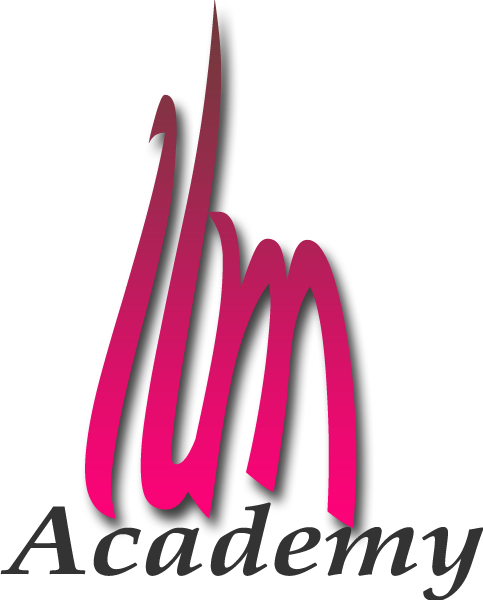EARLY CHILDHOOD PROGRAM
3-6 Years
EARLY CHILDHOOD PROGRAM
The Early Childhood Program at ILM has been specifically designed to meet the needs of the curious, exploring, and busy young children between the ages of 3-6 years, the fun age for kids as well as their parents. This three-year development span enables older children to become role models to the younger children and encourages the younger children in their physical, social, and academic development.
Together they learn patience, nurturing, and respect for each other. The desire of the younger child to “Do it myself” is enhanced and independence grows for every age.
The program will incorporate an Arabic language course and a beginner’s Quran recitation with a Tajweed start-up course for children of appropriate age
PLANNED CURRICULUM
The Montessori environment for children ages 3 through 6 is organized according to four basic avenues of curriculum, as follows:
Coordination of Movement
through Exercises of
Practical Life
Coordination of Movement through Exercises of Practical Life activities respond to the children’s natural desire for independence and to their interest in taking care of themselves and their immediate environment. These are the humble tasks of daily living that so deeply interest young children. The primary goal of this avenue is to help children gain muscular coordination. Additionally, they help children develop concentration and physical independence.
Practical Life exercises provide inviting opportunities for movement that assist in the control and refinement of both gross and fine motor skills, teach sequencing and logic, teach a practical skill, and build character. These activities foster concentration since the cooperation of the body, the hand, eyes, and mind are required. Character qualities such as being careful and thoughtful are part of the lesson modeled by the teacher and then practiced by the children.
Sensorial Foundations of
Intellectual Development
Sensorial Foundations of Intellectual Development is one of Maria Montessori’s greatest gifts to early education. These scientifically designed materials help the child to form clear concepts through experience and help to refine the senses. Constructive activities for each of the five senses which isolate a concept, such as dimension, color, texture, taste, smell, or sound are demonstrated to an individual child by the Montessori teacher and then are made available for the child’s independent exploration.
Sensorial refinement developed during these early years is permanent. Concepts formed through concrete experience are the foundation for abstract thought and are direct preparation for the developing mathematical mind.
Development of
Language
Development of language begins by helping the young child increase in the working vocabulary of objects of everyday life from the child’s experience, such as names of foods, animals, flowers, and other items found in the school, home, and garden. In order to help the child’s understanding and mastery of spoken language, the items are classified by subject and are clearly enunciated by the teacher.
The child is helped to prepare for writing and reading by indirect activities that develop strength and coordination of the hand, awareness of individual sounds in words (phonemic awareness), and visual discrimination of shapes and forms. When the child is ready for direct work in writing and reading, concrete activities are shown to the child such as Sandpaper Letters, which introduce the phonetic alphabet through three senses: touch, sight, and sound. In the Montessori language program, the children continually go back to familiar materials with a new interest.
Early Preparation of
the Mathematical Mind
Early Preparation of the Mathematical Mind is achieved through the use of manipulative materials which present abstract concepts in concrete form, thereby laying a foundation for higher math in later years. Montessori materials allow children to learn at their own pace. Only when they have had sufficient practice with suitable concrete materials do they advance to more complex operations and concepts.
This early experience with interesting manipulative materials helps every child become confident and capable. Collaboration, not competition, is the shared experience with classmates. Studies confirm that with only one year of Montessori math in the preschool, children score higher years later on math tests, but most importantly, Montessori children are not intimidated by math, they love it!
Spirituality
Spirituality underlying the avenues of curriculum, which directly support physical, social, and cognitive development which form a solid basis for academic learning, Montessori programs characteristically have a spiritual foundation which is evident by the respect shown to the children and to the life all around them.
OUR TUITIONS
Early Childhood Program:
Full Time: $650 per month for ten months
Part-Time: $500 per month for ten months

